Author Archive
The Meaning of Home
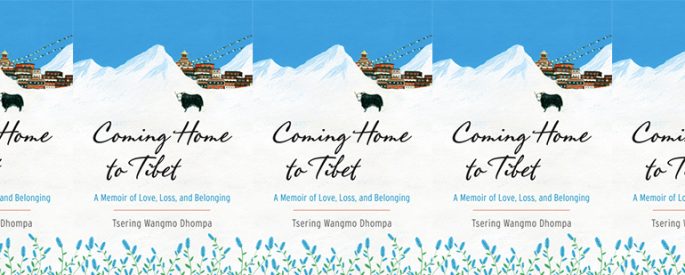
In her 2016 memoir, Tsering Wangmo Dhompa travels to Tibet after a lifetime away. As a refugee, Dhompa has lived in Nepal, India, and San Francisco, but it is her return that leads her to consider what home means to an exile—it is the center of loss, rediscovery, and
Qiu Miaojin’s Groundbreaking Notes of a Crocodile
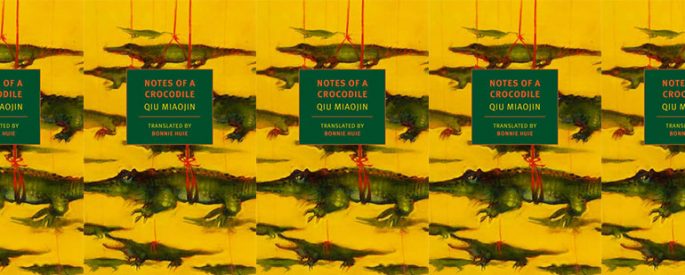
Qiu was daring enough to be the first to portray queer relationships in Asian literature, and her first novel has become something of a cult classic due to its transgressive nature. Its literary merit does not, however, merely rest on its ground-breaking laurels.
The Boat’s Interrogation of “Ethnic Literature”

Questions about "ethnic literature," its place, and its limits permeate Nam Le’s 2008 short story collection. As he interrogates the term as a sweeping generalization for many kinds of writing, he also explores the conflict around what it means to be Vietnamese and a writer but not necessarily a
The Contradictions of Love in Love in a Fallen City
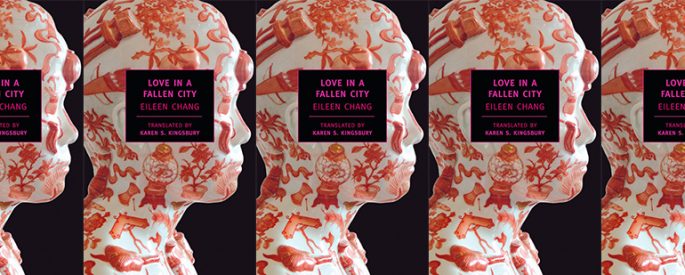
Eileen Chang’s stories portray love as having a dual nature, often experienced as hot or cold, and they reveal what can happen as people navigate these opposing forces
The Complicated Reality of Travel in Drinking Coffee Elsewhere
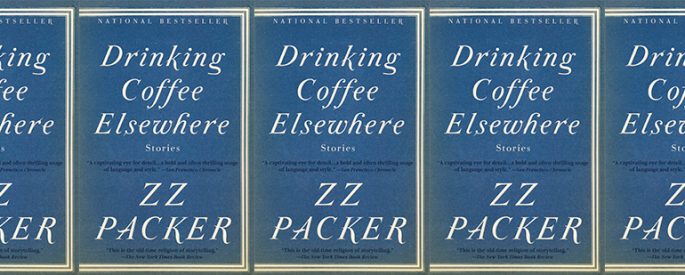
The stories of ZZ Packer’s 2003 collection often feature characters in new environments, struggling to navigate their changed surroundings; travel pervades the book, but its pieces refute fantasies in favor of more complex realities of what can happen on a journey.
The Other Wes Moore’s Exploration of a Life’s Trajectory
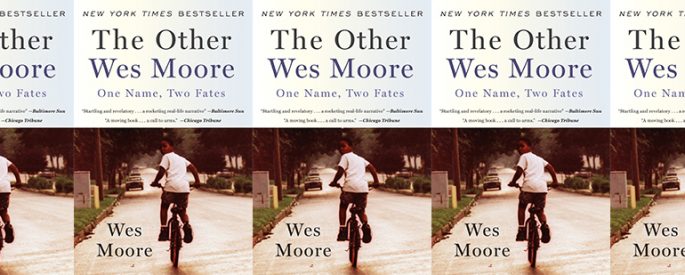
In 2010, Wes Moore published his memoir, a unique take on the genre that recounts his history with another Wes Moore. In it, he offers a truthful portrait of his life and the “other” Moore’s, showing as he does so the impact that role models and support can have
The Value of the Third-Person Perspective in Evicted

The problematic nature of evictions has come to greater prominence in recent weeks. Such attention is gratifying and long overdue, and in this context, Matthew Desmond’s 2016 book offers an important example of how writing can speak on complex social problems while being respectful of the subject matter and
Oliver Sacks’ Whole-Person Approach
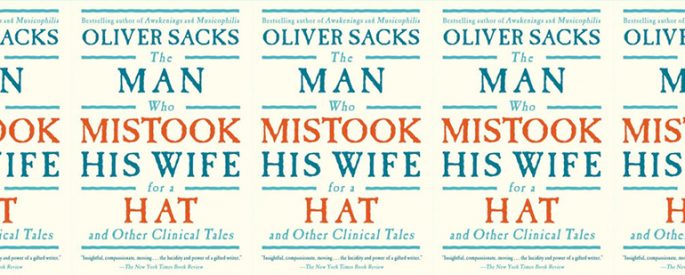
When telling stories of his patients, Oliver Sacks is clinical while also remaining deeply compassionate in his approach. His dual perspective allows him to see both patient and person, and treatment is never the end of the story.
James Alan McPherson’s Masterpieces
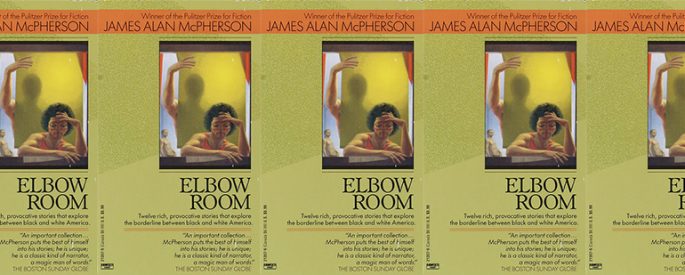
I am inevitably an outsider to the worlds McPherson wrote about and can only understand them as such, but for me his writing cut across race, culture, age, and geography to reach the most ignorant of audiences, and to show me what a real “masterpiece” looked like.
The Language of Domestic Violence
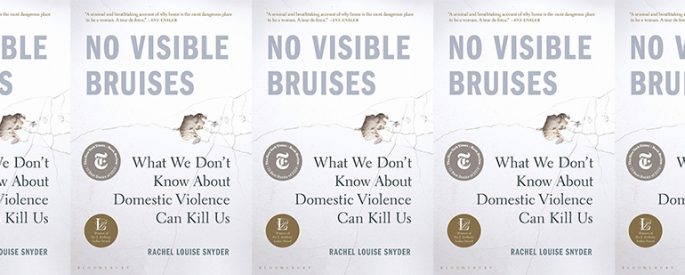
Rachel Louise Snyder’s 2019 book demonstrates how even imperfect language can be powerful and why word choice is especially important when speaking about this complicated crime.
- 1
- 2